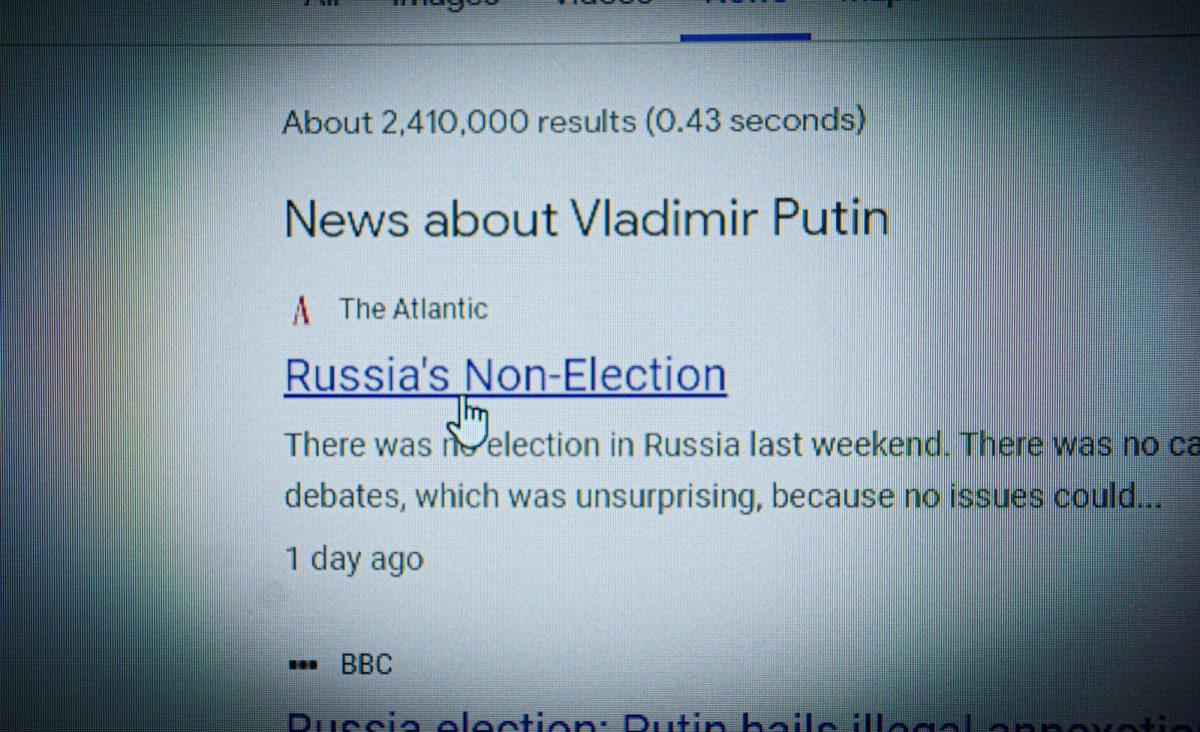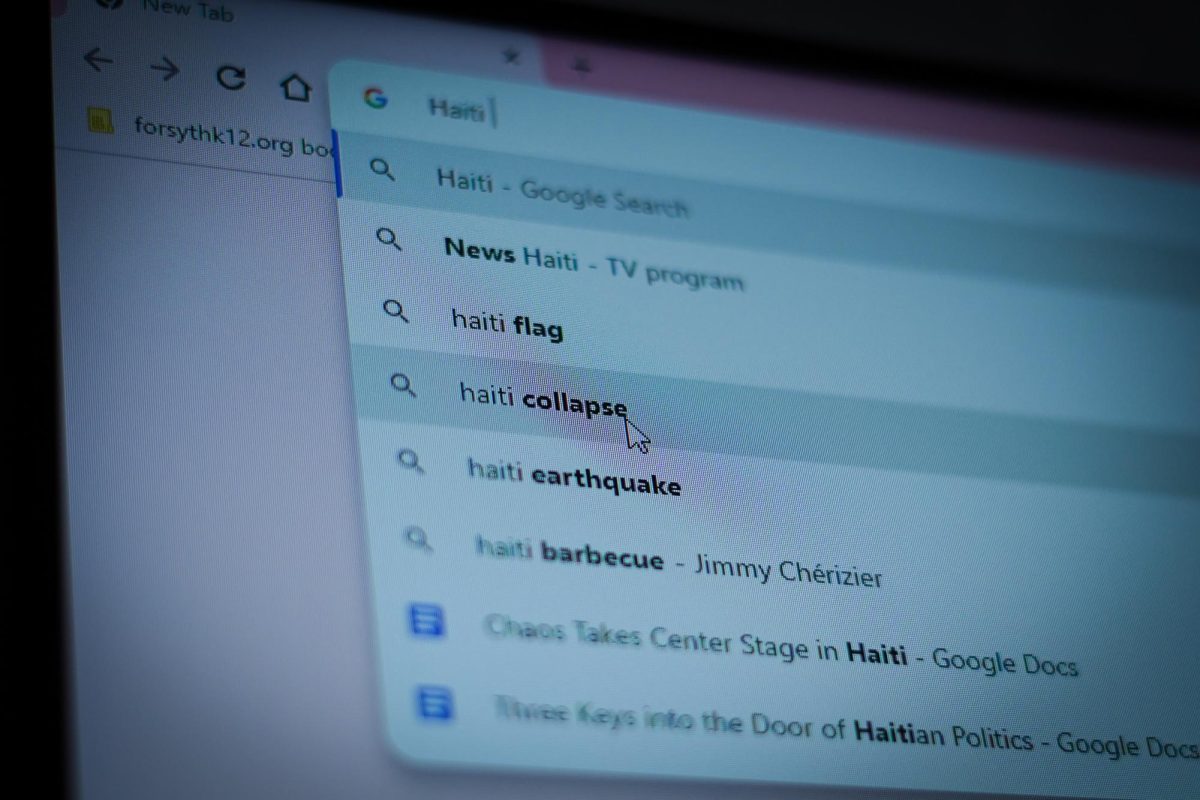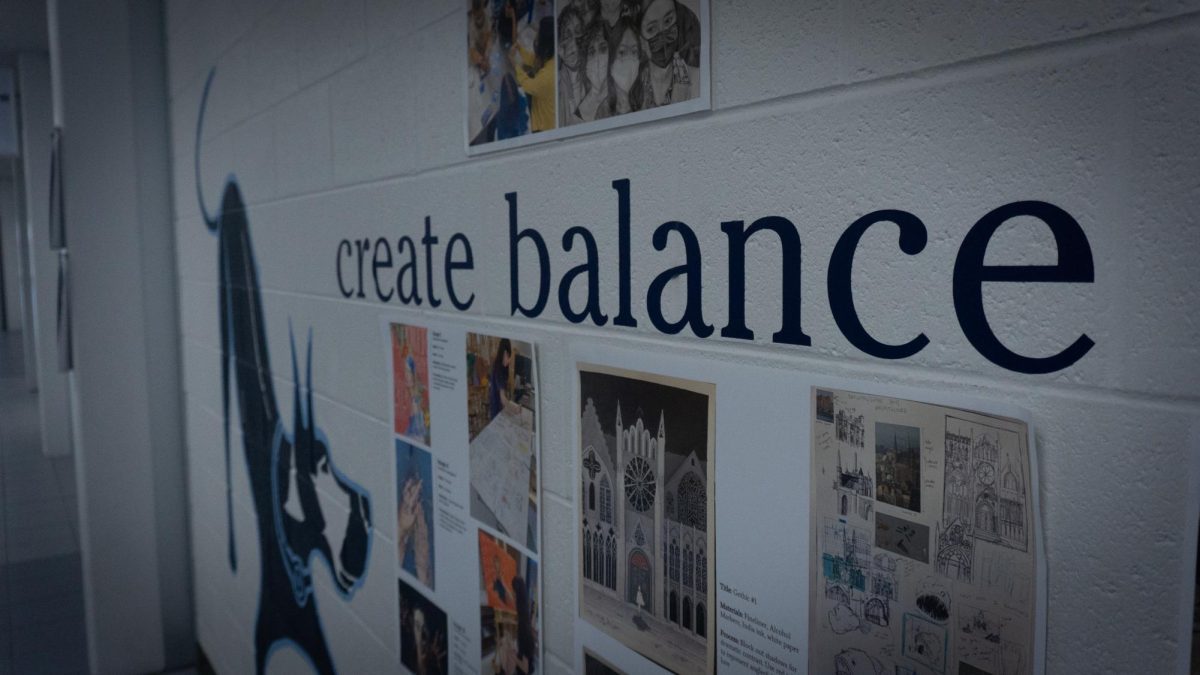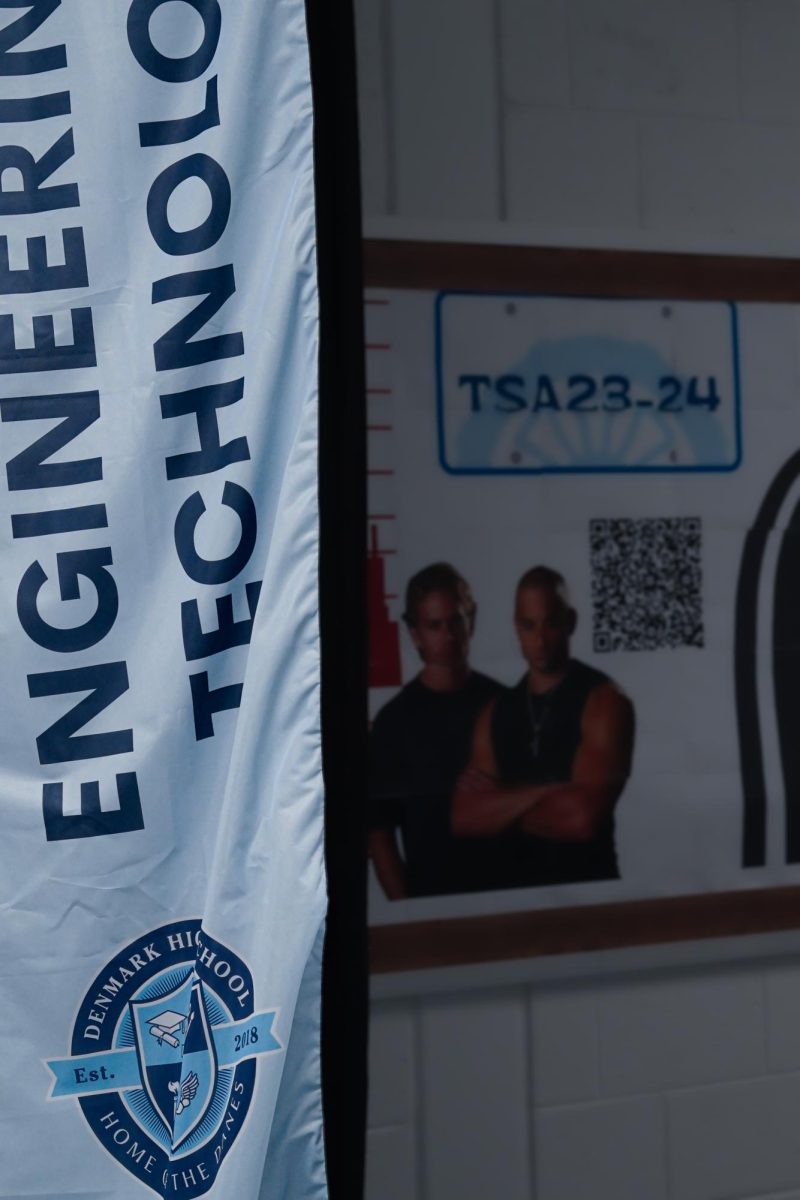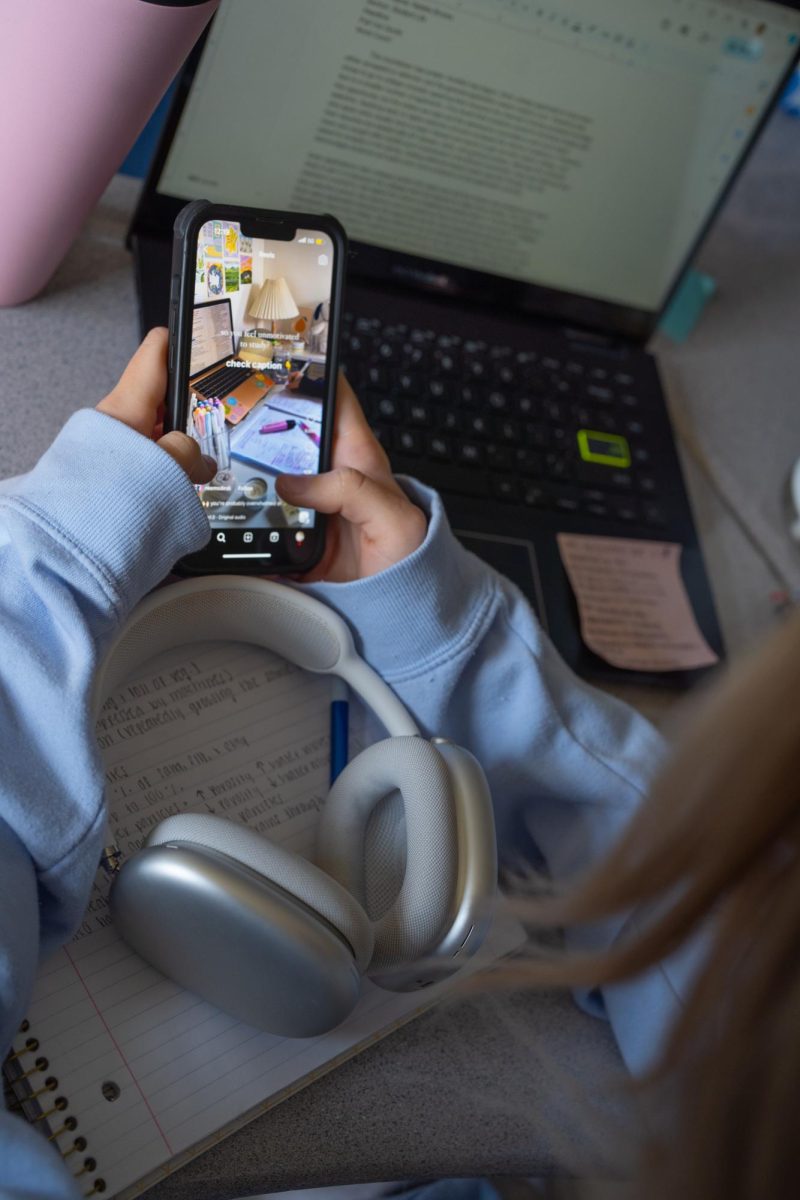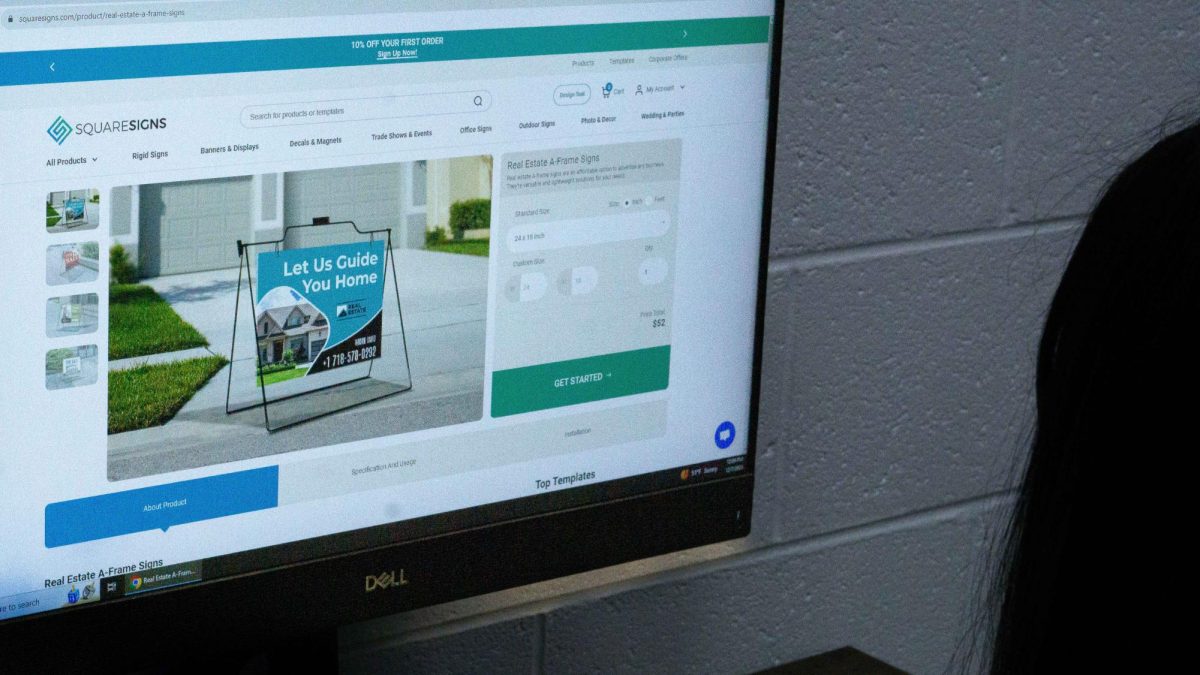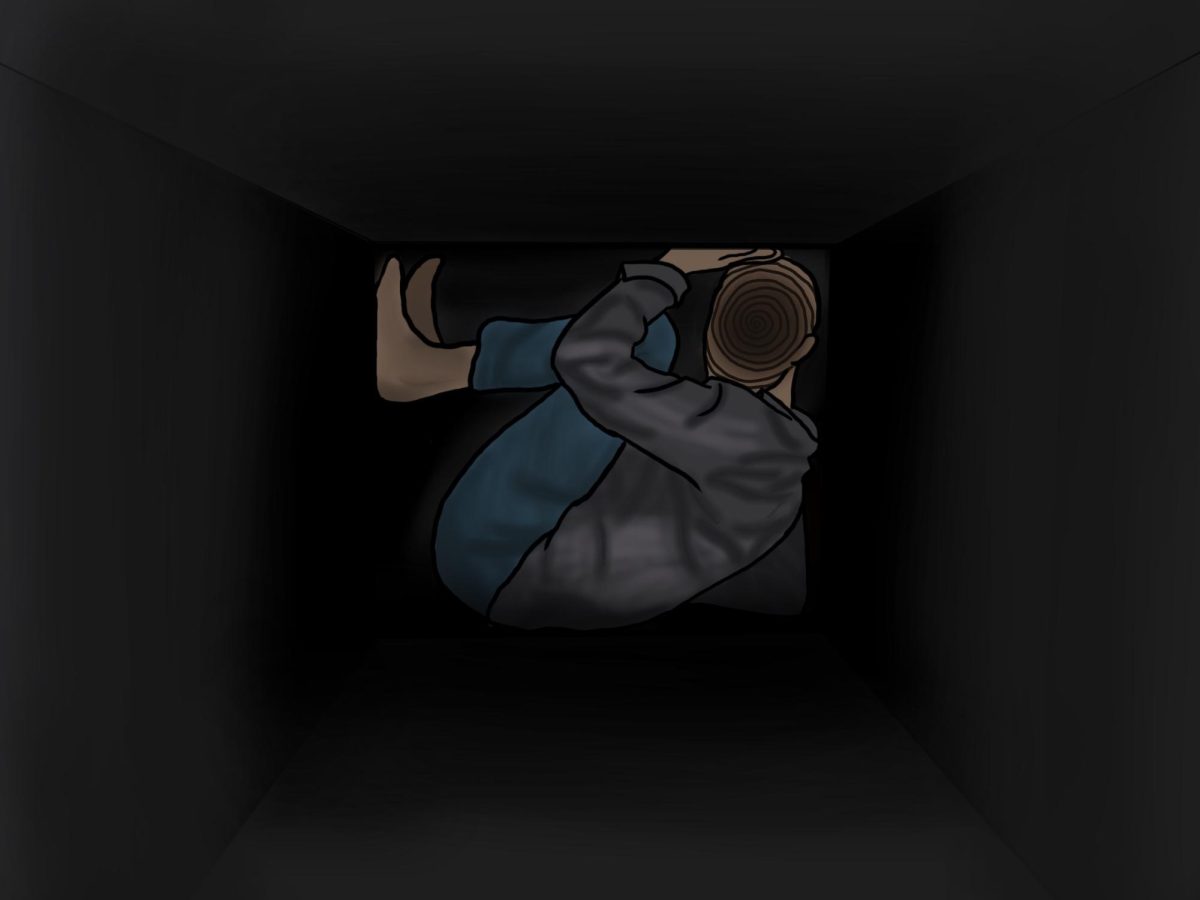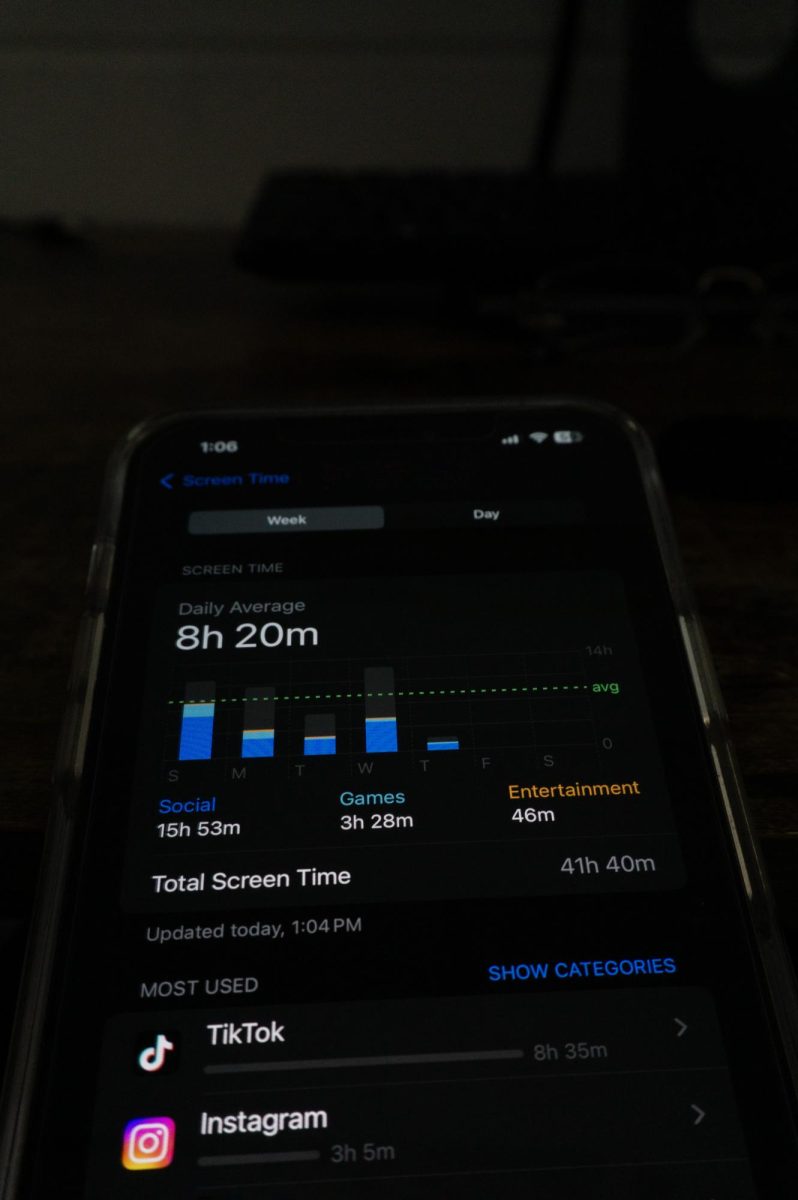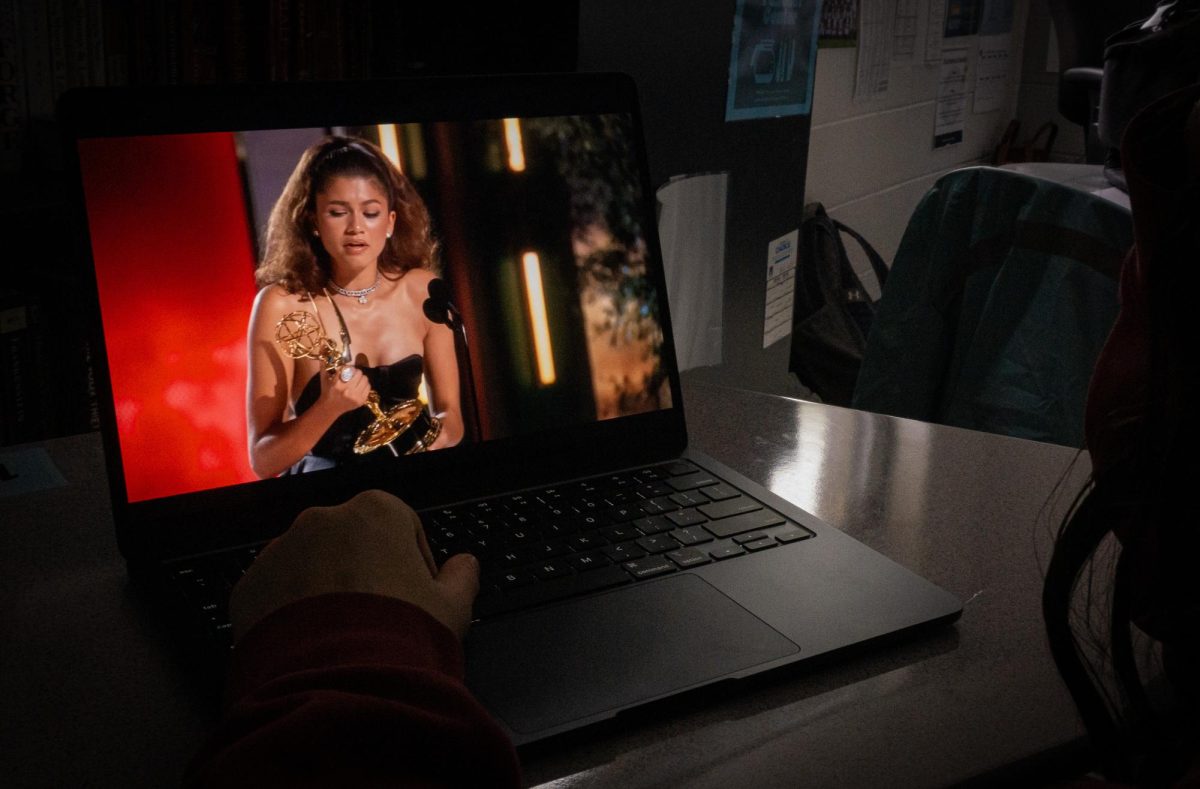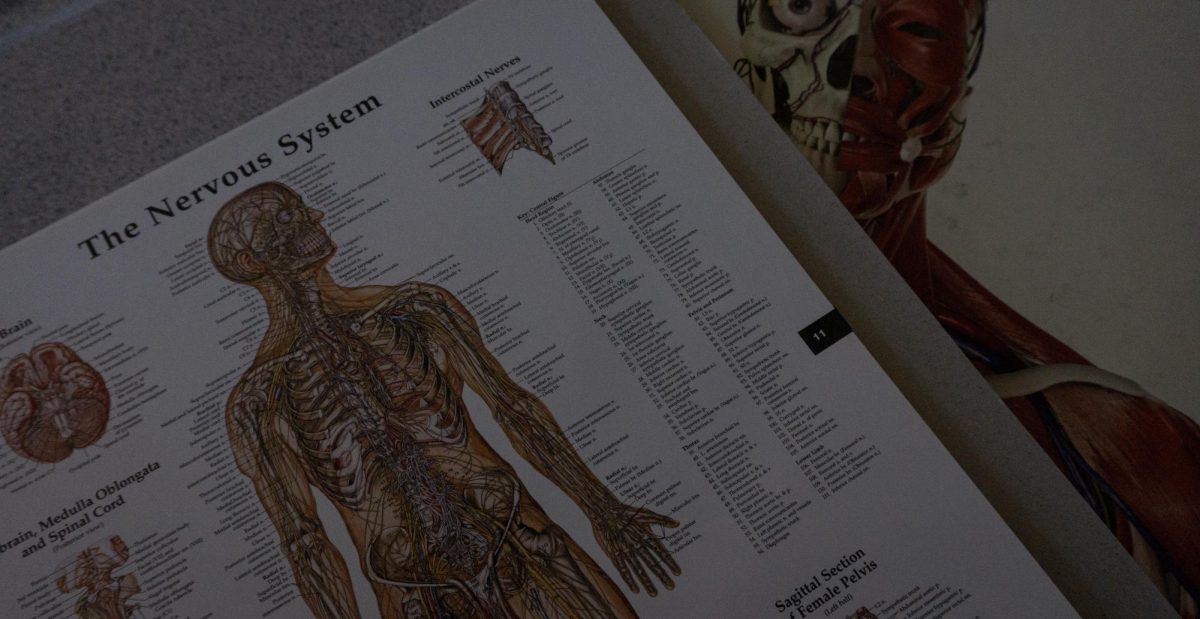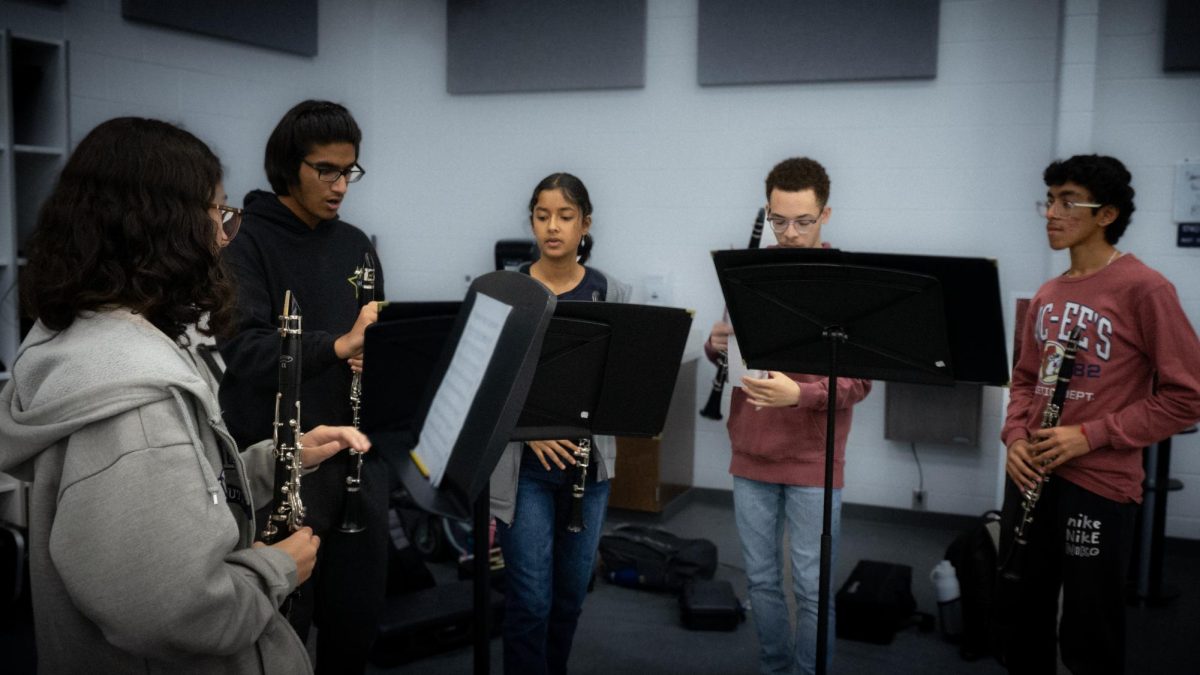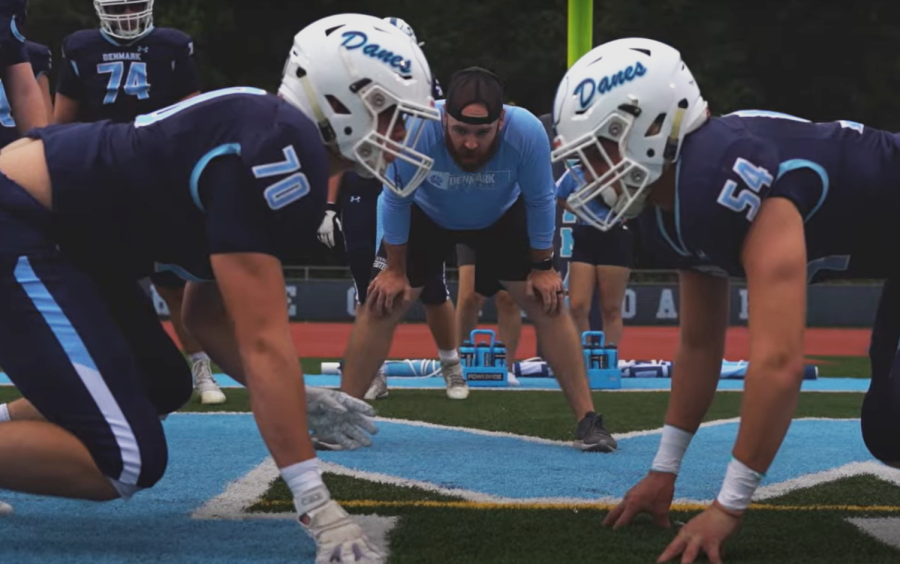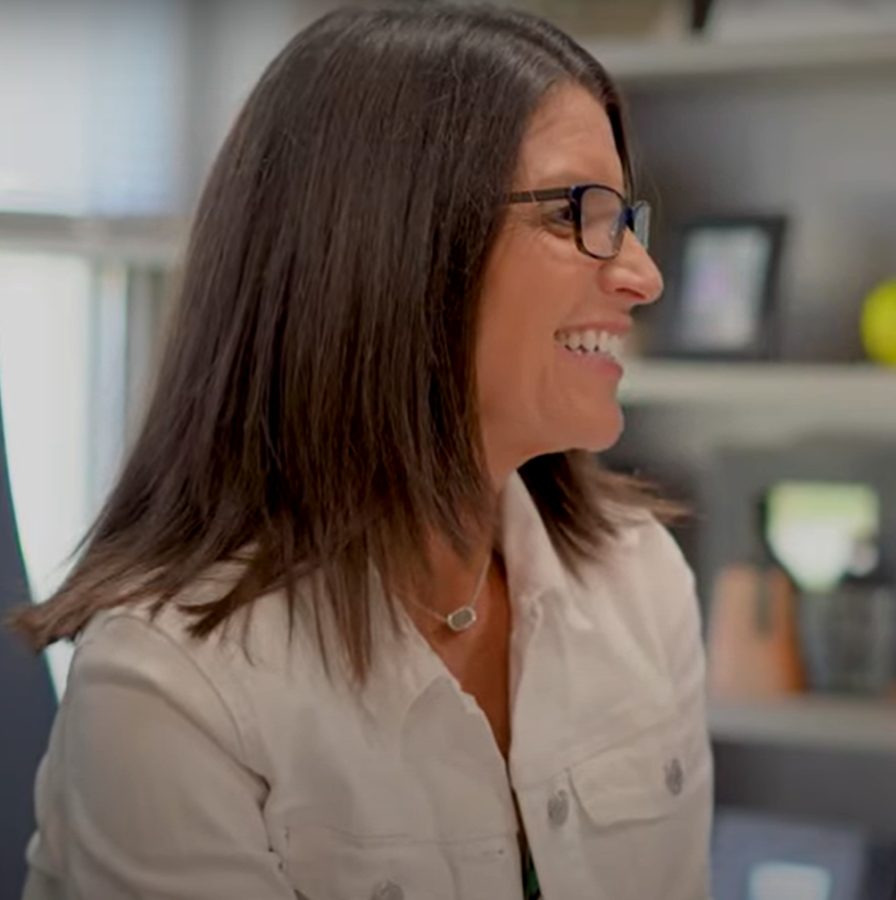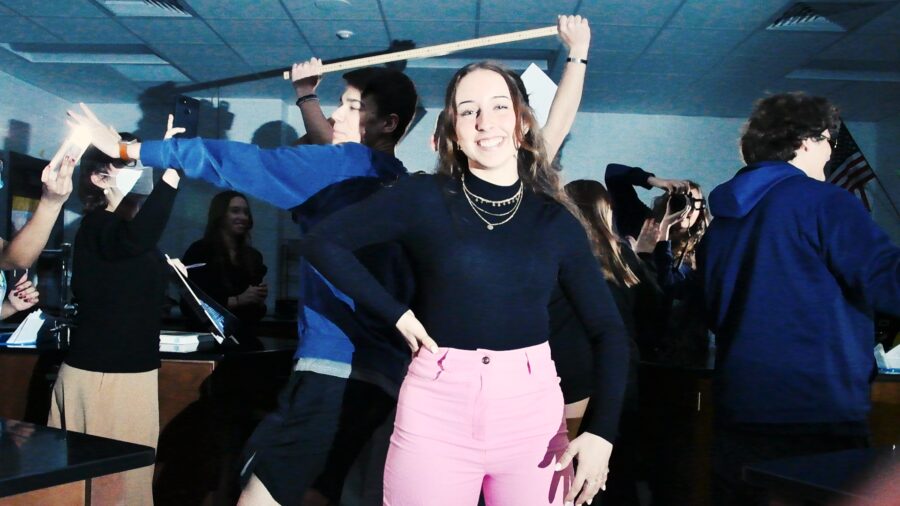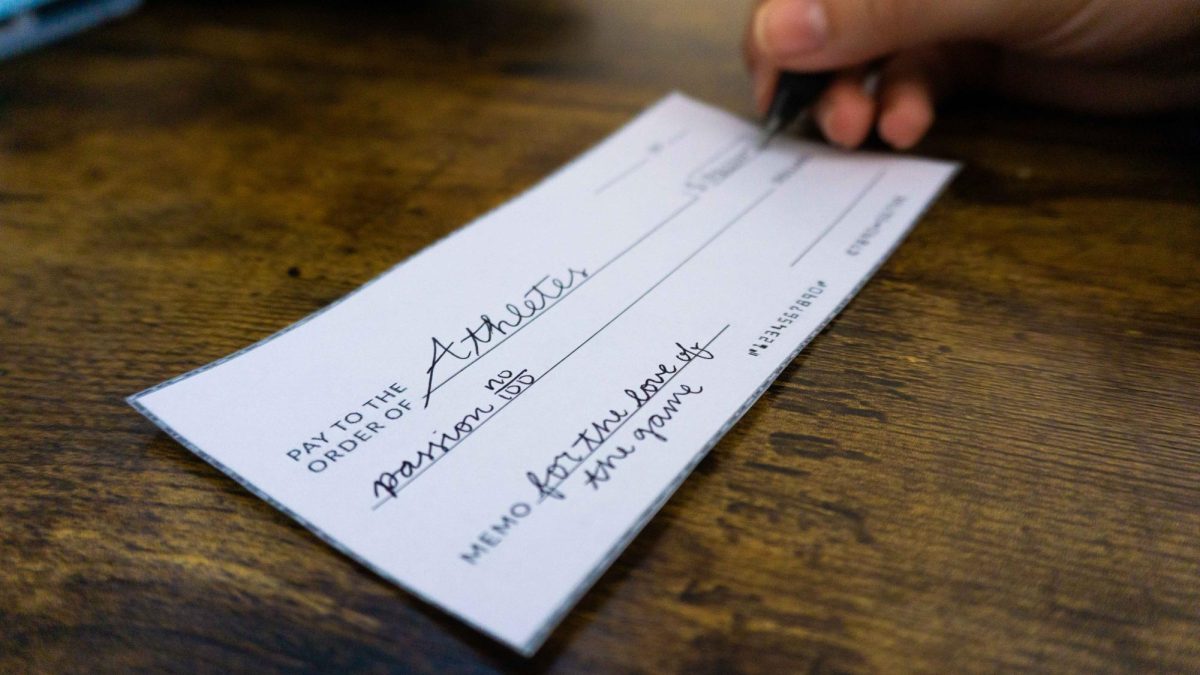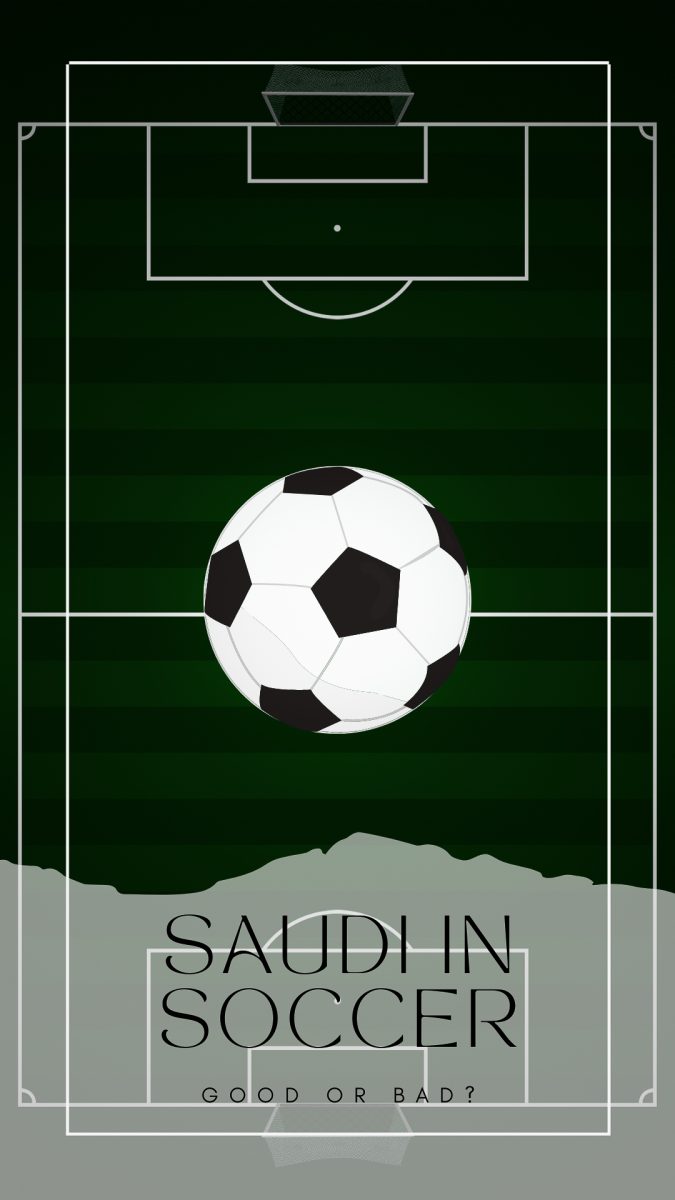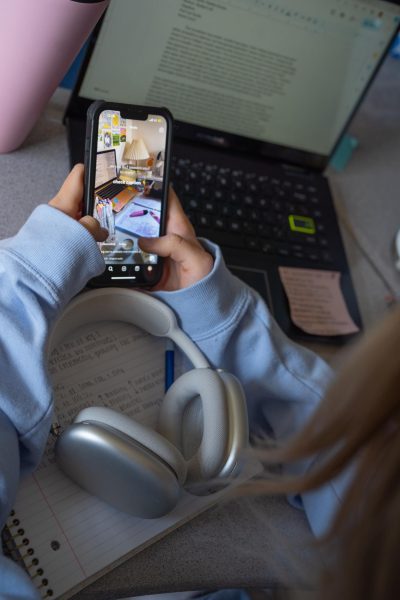Procrastination
Effects & Solutions
Procrastination causes many problems for high school students and unfortunately has two evident consequences: a drop in grades and a drop in academic achievement. Students who do not complete assignments consistently might receive worse grades due to being more and more behind until they find themselves in a deep hole of unfinished work and lack of understanding. Naturally, procrastination also contributes to a rise in stress levels. Students in high school have demanding tasks and often tough schedules. Students who allow their workload to pile up, bear the burden of more tasks in the future. Additionally, students’ self-esteem is harmed as a result.
Monil Patel, a freshman, says that procrastinating is uncontrollable for him. Sometimes he can focus and get the work done. Other times he lingers on Snapchat and Instagram just to pass the time. Oftentimes, procrastinators may doubt their talents and fear they will be unable to finish the task at hand. Students should try to break away from this way of thinking as soon as possible before it has a detrimental impact on their academic performance. According to the American Psychological Association, “80 percent to 95 percent of college students wait, particularly when it comes to doing their homework.” This statement reflects at least four out of every five college students, even if the estimate is conservative.
Needem Munir, a junior, says he, fortunately , does not procrastinate when it comes to assignments. He mentions that he stays focused and gets the work done faster so he has more free time to focus on things that are of importance to him. According to a study published in the journal Psychological Science, those who postpone on a daily basis may have a bigger amygdala and a less evident link between their amygdala and the dorsal anterior cingulate cortex, two brain regions involved in action and control. Dr. Erhan Genç notes, “People with a larger amygdala may be more concerned about the negative effects of their conduct – they are more prone to hesitate and postpone.” This demonstrates that those with a smaller amygdala are less likely to procrastinate and are more likely to finish activities.
Recently, the average number of procrastinators rose to nine out of ten in recent years, affecting nearly every college student. Younger children are also at risk; according to Magoosh, 86 percent of high school students “procrastinate on coursework.” With so many students still studying online and suffering from more isolation and stress these already alarming numbers are expected to worsen. One of the most prevalent reasons people wait is catastrophizing or making a huge deal out of things. It might be about how tough or unpleasant it will be to accomplish it.
Given the idea of how prevalent and damaging difficult procrastinating can be, there are a few ways to fight this.
- One way is to do homework with a friend. Generally working with a friend on an assignment can be an effective way to avoid dilly-dallying. By working with a partner you are sharing similar ideas on a topic and working to complete the assignment.
- Another way is to use the Pomodoro Technique. In the 1980s, Francesco Cirillo, a university student at the time, developed the Pomodoro Technique. The first thing to do is to break the tasks you want to do today into smaller goals. When you do so, set a 25-minute timer and solely focus on completing that task for the duration of time. When you complete the task, take a five-minute break and then do another three more goals, 25 minutes each. Afterward, take a break of up to 20 minutes. Once you have completed that then repeat!
If you are a procrastinator, don’t feel like you are alone or that it is a problem you cannot overcome. Admit it to yourself and try to slowly tackle the problem. At the end of the day, the most successful students often don’t have time to procrastinate but rather work to accomplish their goals. Have a vision of those accomplished goals that drive you to change.
Sources:
Boogaard, K. (n.d.). I Hate All Productivity Hacks, Except for This One. The Muse. https://www.themuse.com/advice/take-it-from-someone-who-hates-productivity-hacksthe-pomodoro-technique-actually-works#:~:text=The%20Pomodoro%20Technique%20is%20a
Solvingprocrastination.com. 2022. Procrastination Statistics: Interesting and Useful Statistics about Procrastination – Solving Procrastination. [online] Available at: <https://solvingprocrastination.com/procrastination-statistics/> [Accessed 10 February 2022].
Why Do Students Procrastinate? Causes & Tips. (2017, September 27). Oxford Learning. https://www.oxfordlearning.com/why-do-kids-procrastinate/#:~:text=Procrastination%20can%20have%20a%20negative
Procrastination Dangers: The Negative Effects of Procrastination – Solving Procrastination. (n.d.). Solving Procrastination. https://solvingprocrastination.com/procrastination-dangers/
Procrastination: 3 reasons it’s worse than you ever thought it was. (2014, March 26). StudyRight. https://studyright.net/blog/procrastination/

Hey! My name is Anish. I am a Sophomore at Denmark High School. I enjoy writing for the school newspaper and continue to strive for excellence in writing....


